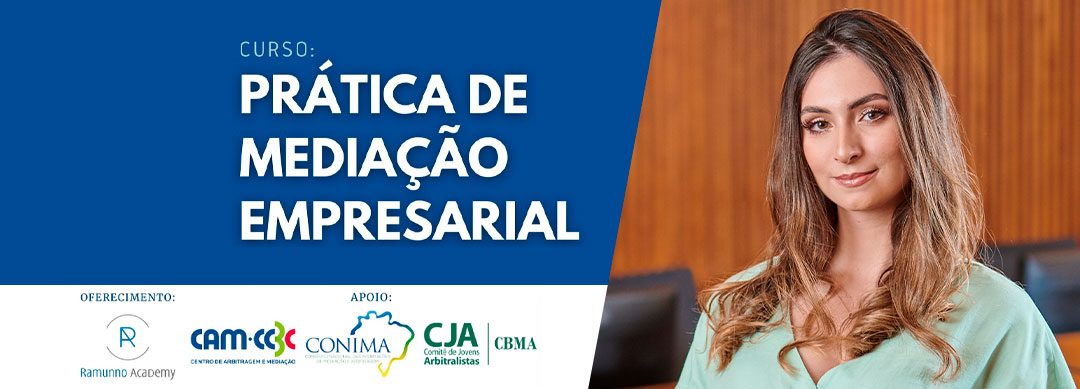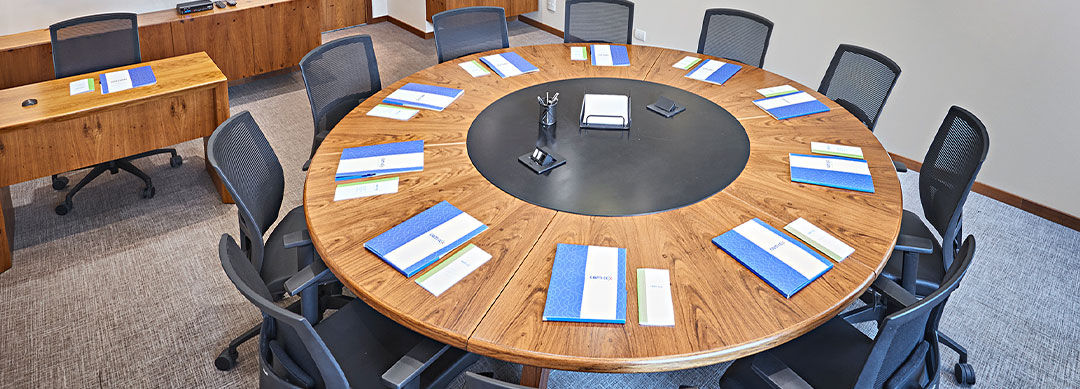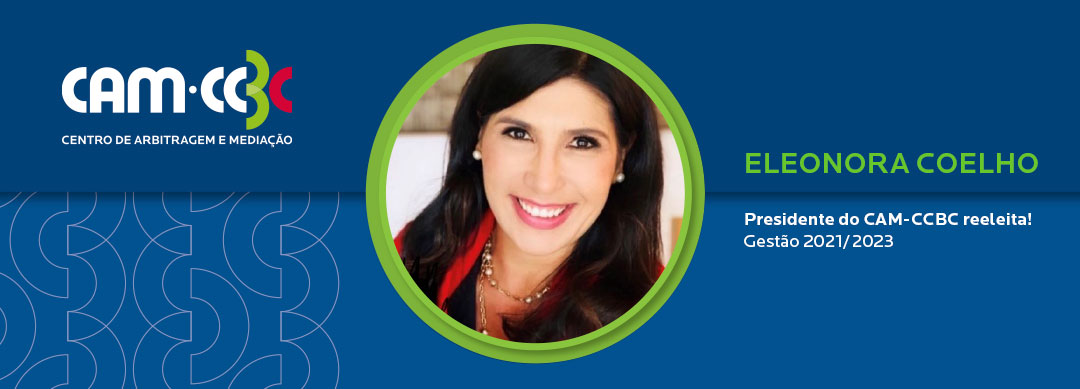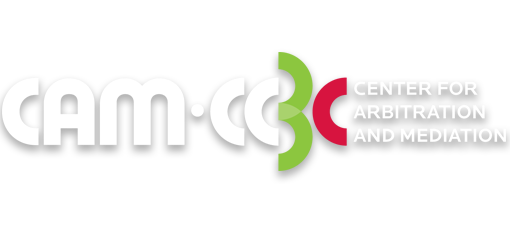The event held by CAM-CCBC case manager contributes to the spreading of the method in Brazil
By Sérgio Siscaro
Business mediation is one of the ways of resolving conflicts that has been gaining the most space in Brazil recently. An indicator of this trend is the increase in the volume of mediations initiated in 2020 by CAM-CCBC: there were 15 procedures, which moved an average of R$ 568.21 million, which was approximately 3.6 times more than in 2019. As a means of contributing to the intensification of the use of this alternative method for dispute resolution (ADR) in Brazil, the case manager of CAM-CCBC, Marina Gouveia, created the course Prática de Mediação Empresarial (Corporate Mediation Practice).
Started on April 19, the course was organized in four weekly online classes, which presented the basic concepts of the method, addressed practical issues, such as clause drafting and client preparation, and provided a simulation, in which the techniques used in mediation procedures were explained.
The classes brought together a group of about 25 students, which included both those who wanted to learn more about the method and those already working in mediation, but not in the business field. The case manager says she has recently started producing content about mediation on an Instagram page (@marinagouveiam) and felt the need to structure this information into a more detailed course.
Held in conjunction with Ramunno Academy, the course had the institutional support of CAM-CCBC, of Conselho Nacional das Instituições de Mediação e Arbitragem (National Council of Mediation and Arbitration Institutions) (Conima), and Comitê de Jovens Arbitralistas do Centro Brasileiro de Mediação e Arbitragem (Committee of Young Arbitrators of the Brazilian Center for Mediation and Arbitration ) (CBMA).
Specialization in the method
Her decision of promoting the course is part of a long journey that led Gouveia to mediation. In 2016, while working as a trainee in arbitration and civil litigation at a São Paulo law firm, she received an invitation to join the newly founded mediation and negotiation team at Mackenzie University, and won the award for best mediator in a national competition.
From there on she began to specialize, and today she is a lawyer specialized in ADR by the universities of Salamanca (Spain) and Pepperdine (USA), coordinator of Grupo de Estudos em Mediação e Negociação da Universidade Mackenzie (Study Group on Mediation and Negotiation at Mackenzie University), and coach of the teams that participated in Competição Brasileira de Arbitragem e Mediação Empresarial (Brazilian Competition of Business Arbitration and Mediation) (Camarb), in 2019 and 2020.
Gouveia’s decision of offering the course comes at a time when mediation is being seen not only as an advantageous conflict resolution method, but also as an attractive career opportunity. “Mediation has lately gained prominence as a career of the future, given the increase in the number of cases, as experienced in 2020 by CAM-CCBC”, she says.
Customized Solutions
By enabling the parties to negotiate their disputes without the mediation of a court of law, or an arbitrator, mediation contributes to a consensual solution and to the maintenance of the relationship between the parties. Additionally, by including mediation in contracts, possible future problems can be avoided beforehand, or, if they do occur, they can be managed in a controlled and safe way. “It is worth noting that mediation is a flexible method, applicable to any branch of activity of the parties”.
She explains that there are basically two models of mediation in Brazil: “In the facilitative model, the mediator is the agent who facilitates the dialogue between the parties, without expressing opinions. On the other hand, the evaluative model presupposes a greater emphasis on the freedom of action of this professional, who can bring his perceptions and even formulate proposals for the resolution of the conflict”.
For the case manager, the spread of the new coronavirus pandemic eventually led to an increase in the demand for mediation. “Financially, the method has a lower final cost than arbitration. It is faster and enables mutual gains through collaboration. This is particularly advantageous in a scenario like the present one, in which many companies find themselves in difficulties”, she explains.
She also highlights the fact that the procedures have been carried out entirely in a remote way at the CAM-CCBC, in order to meet the health safety protocols, without any loss in the dynamics and quality of the services provided”, she ponders, adding that, in her judgment, some kind of hybrid model should persist, even after the pandemic is overcome. “Private meetings could be held virtually, and the last sessions, which usually demand a greater involvement of the parties with the method, could be in person”.





